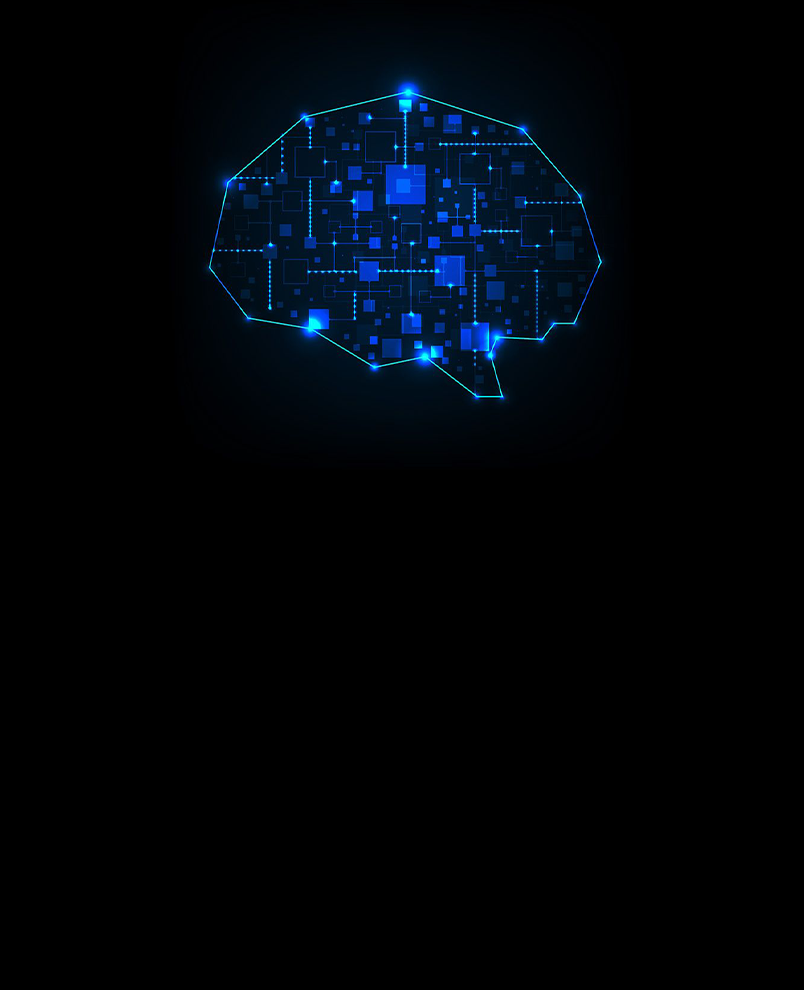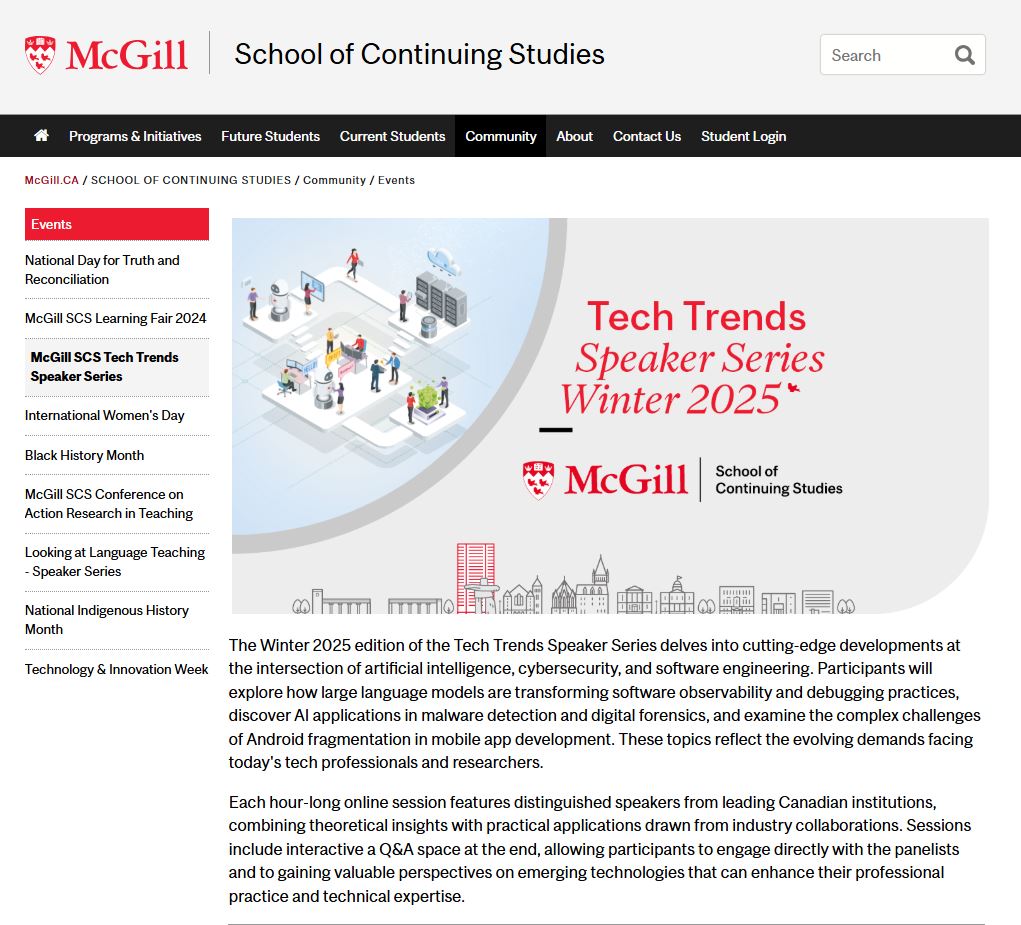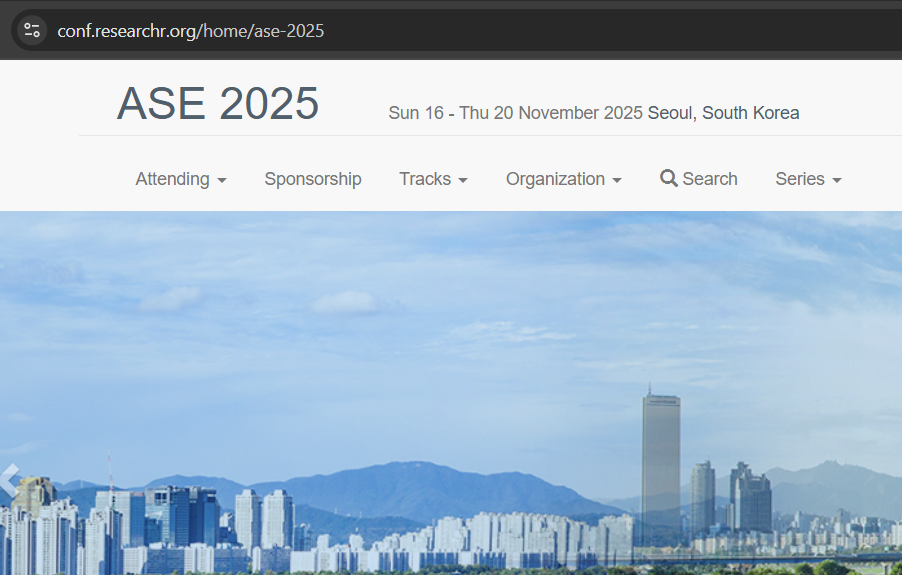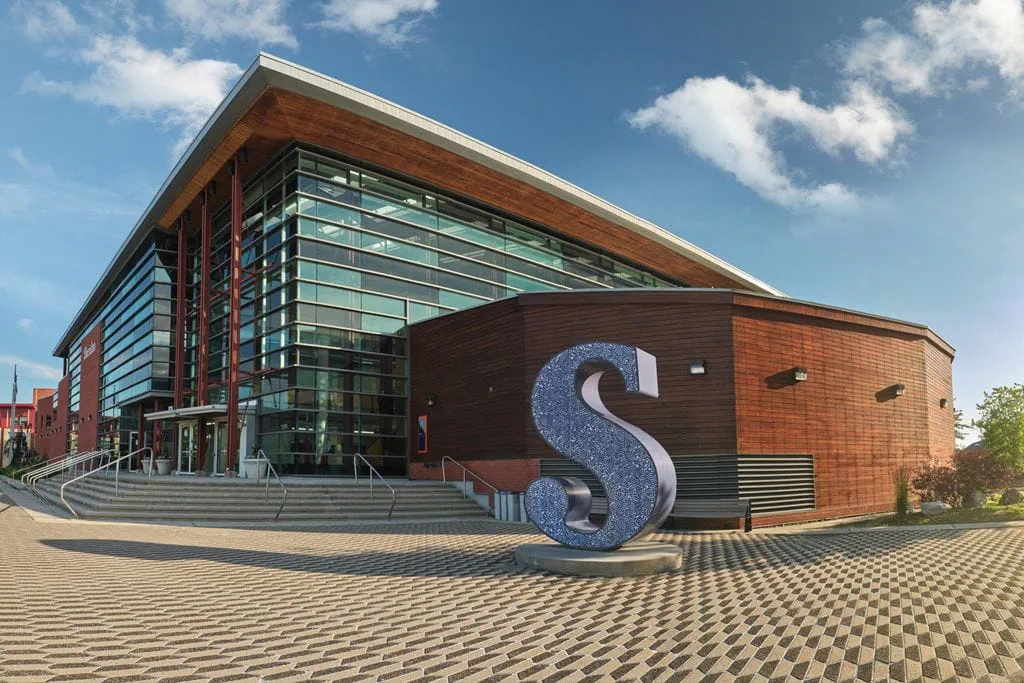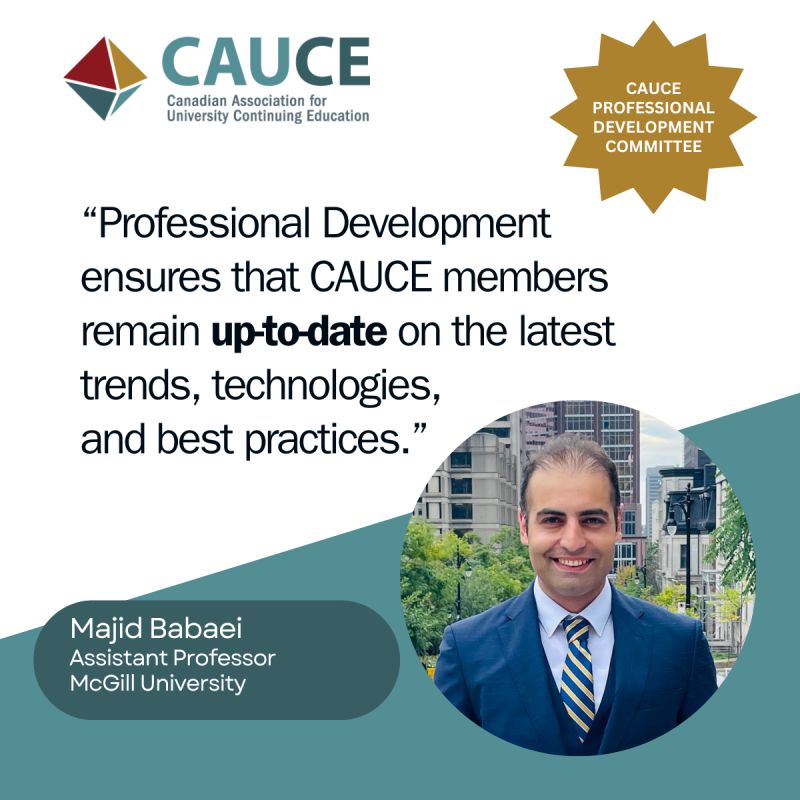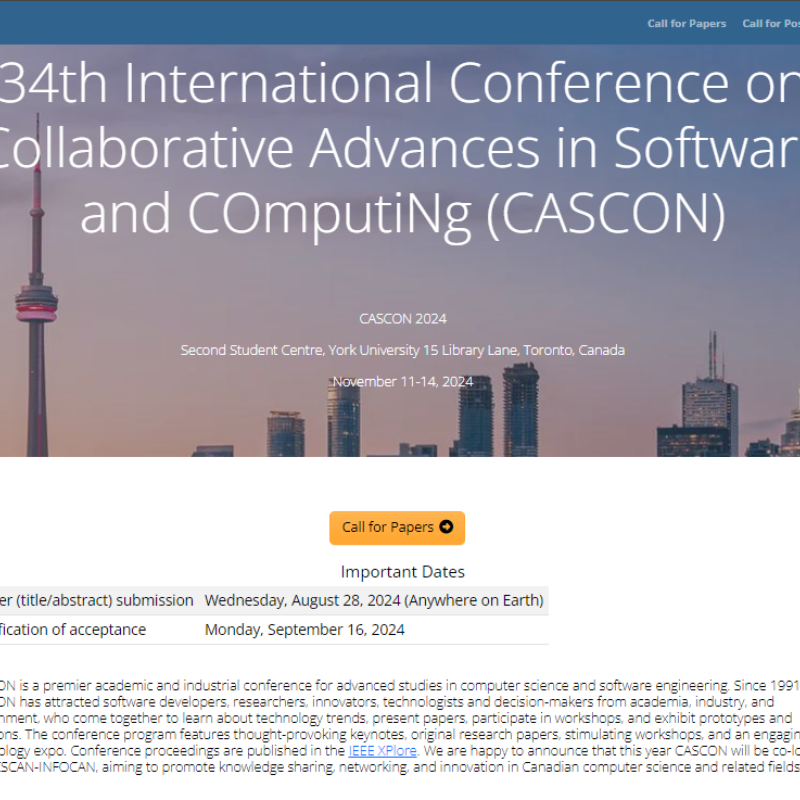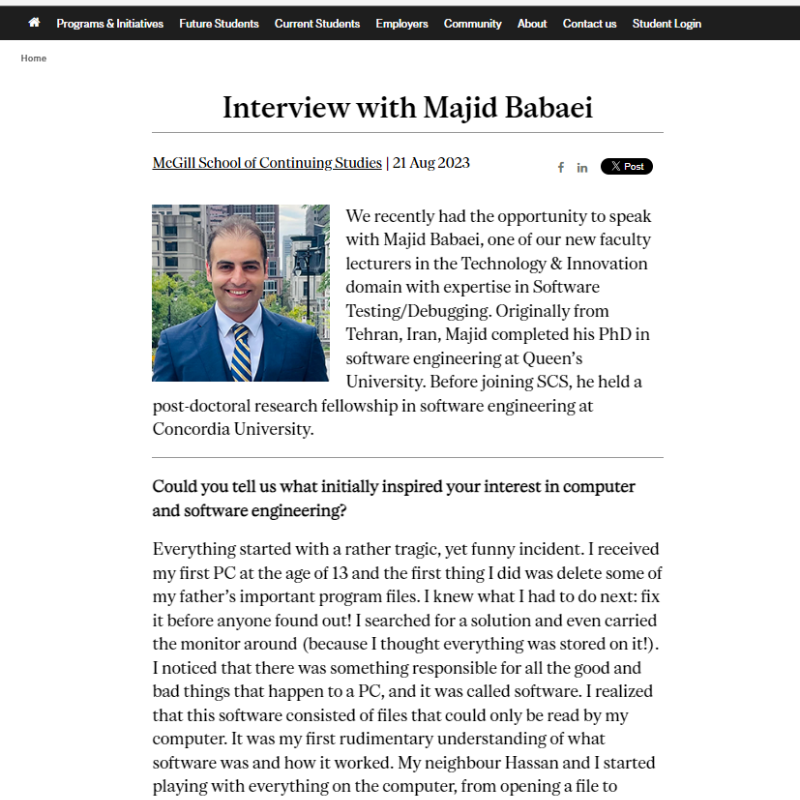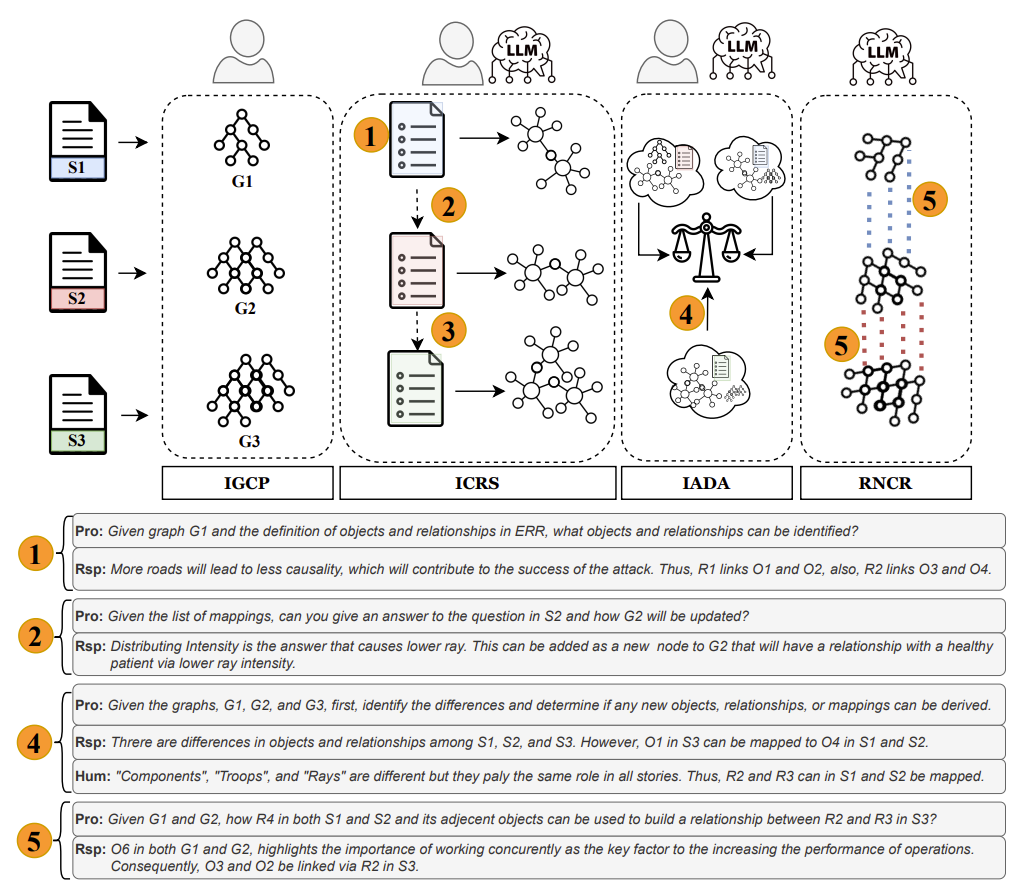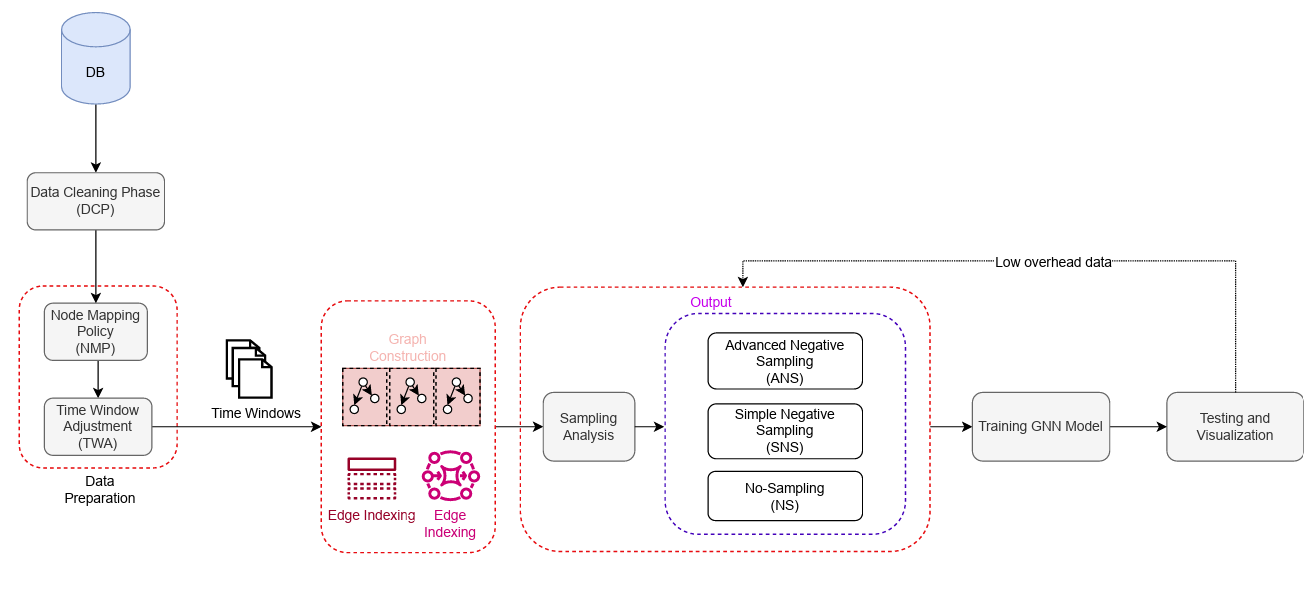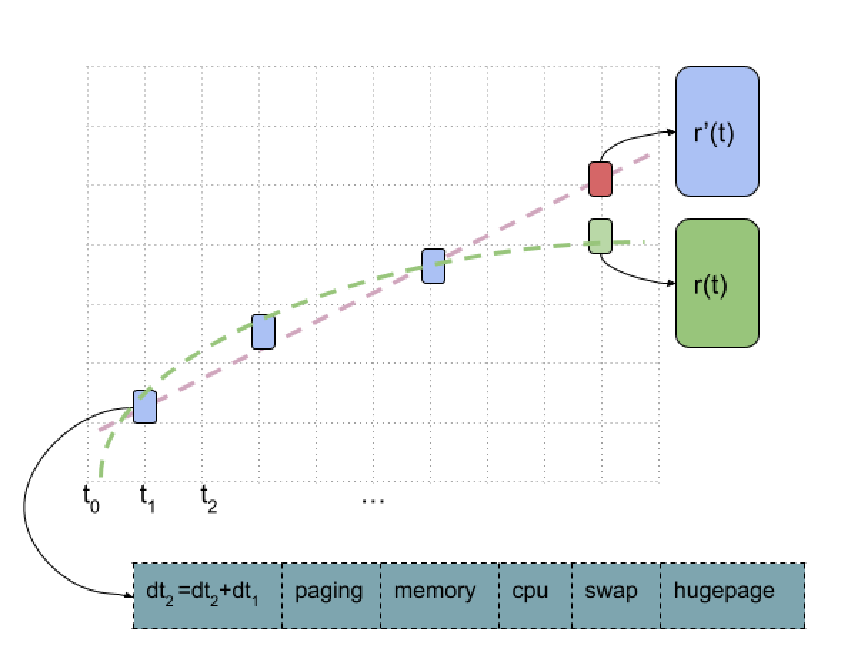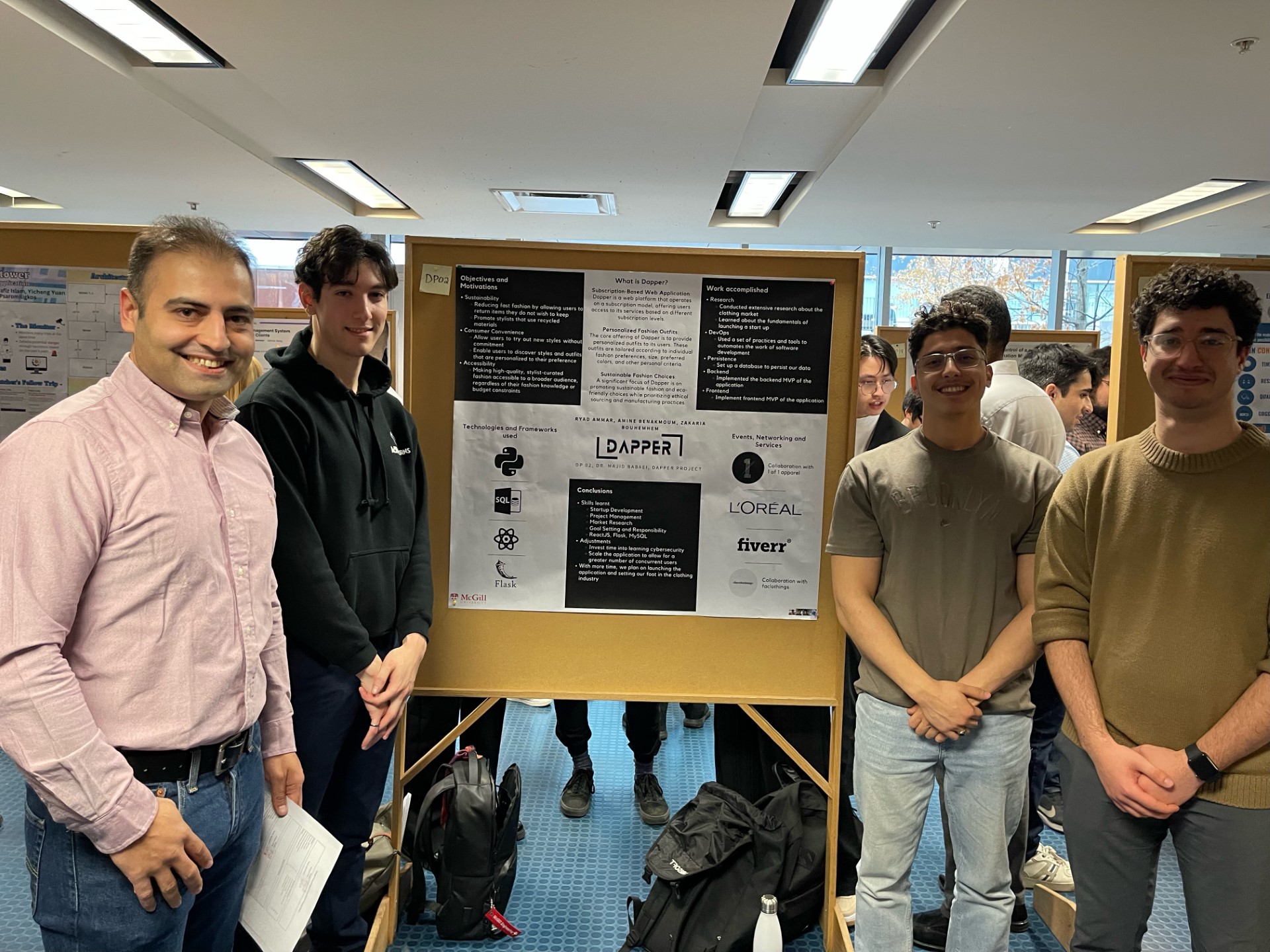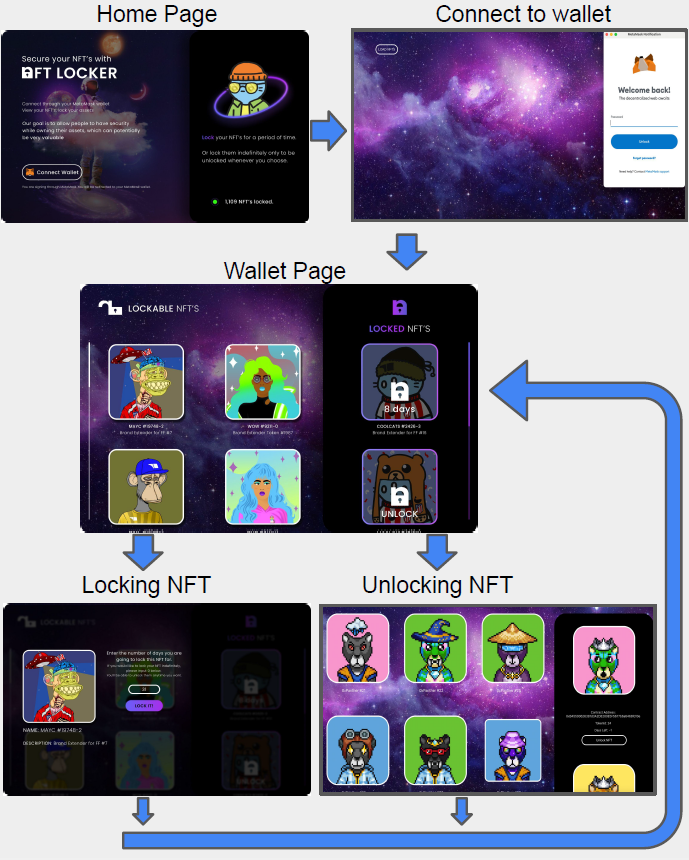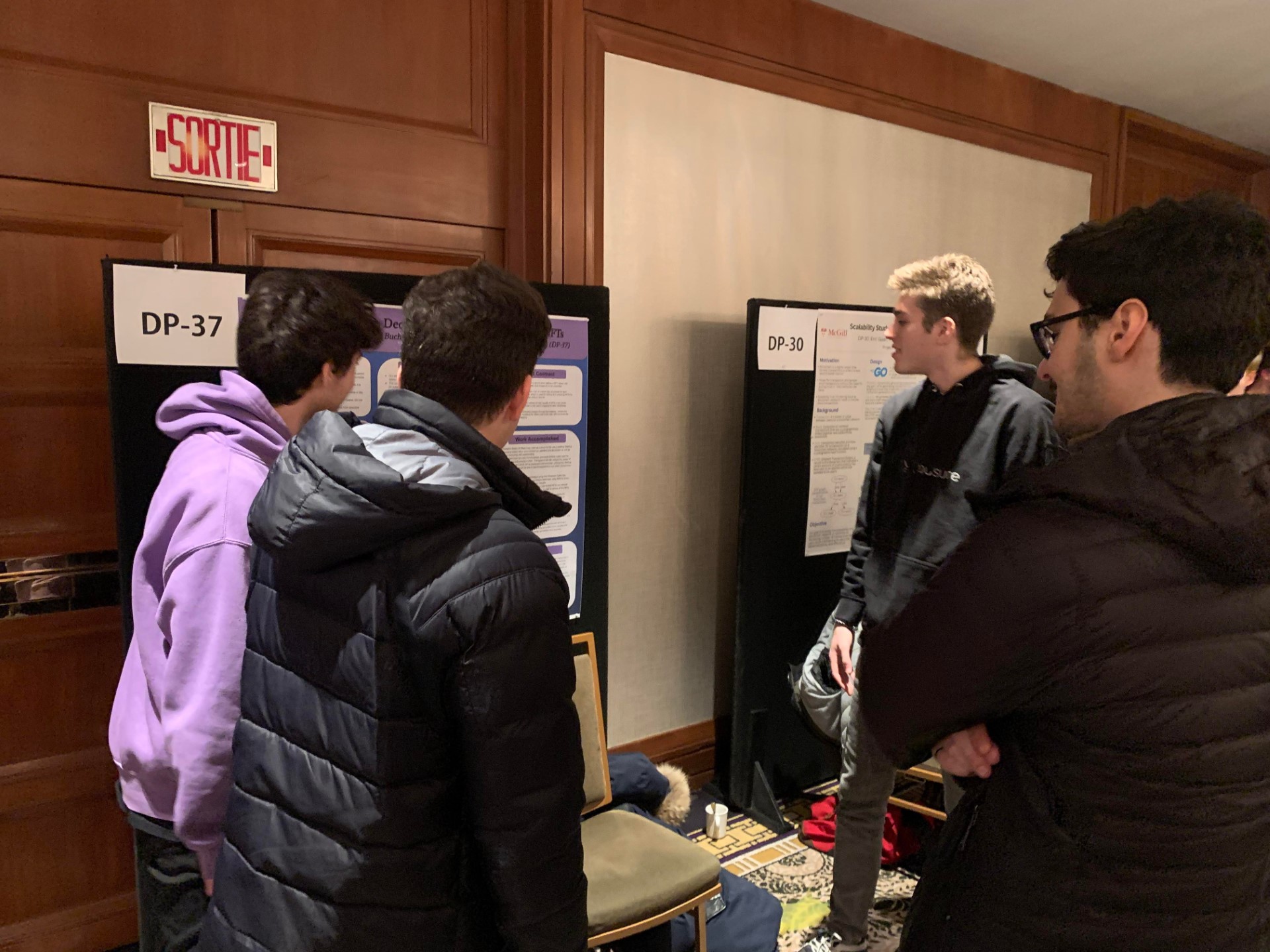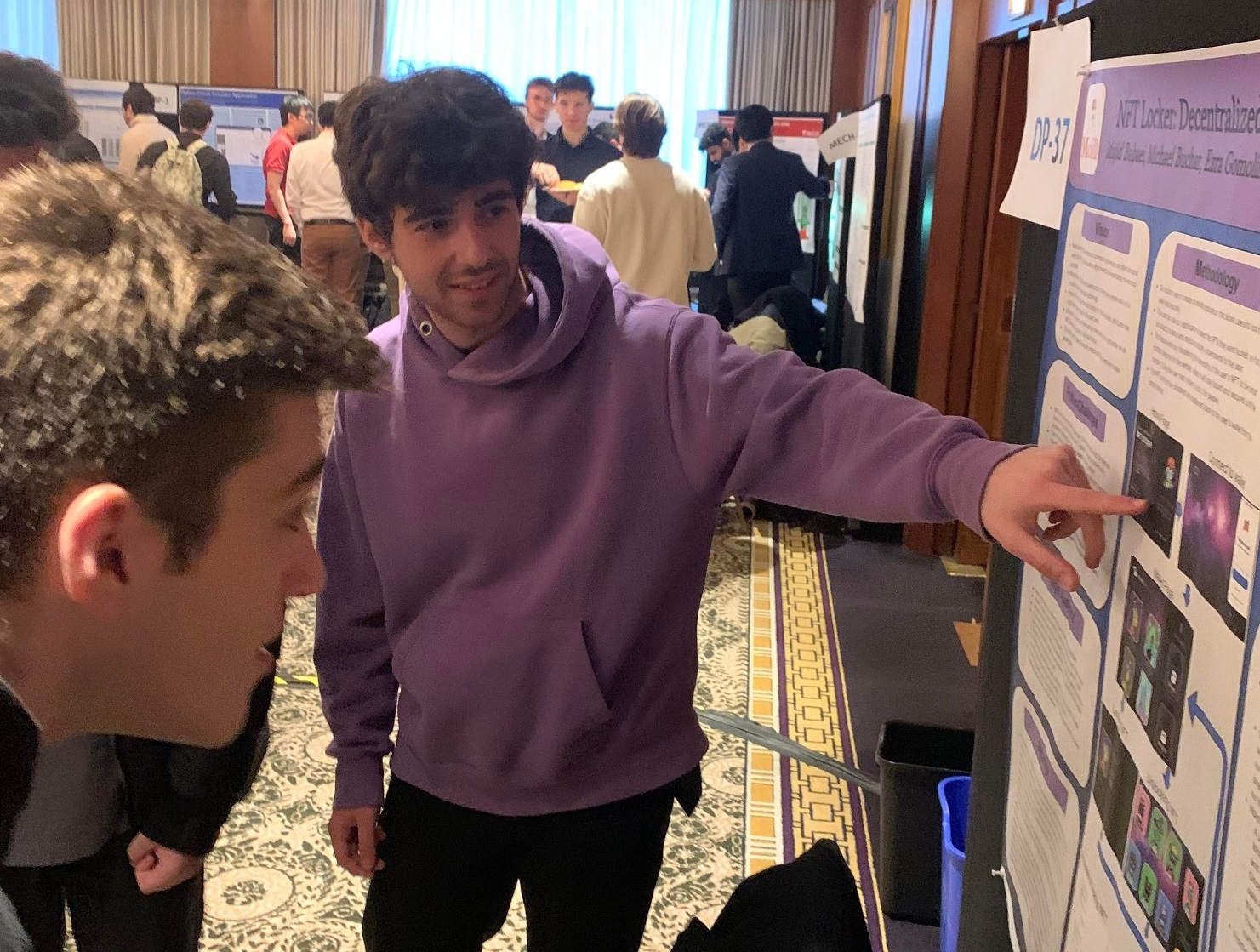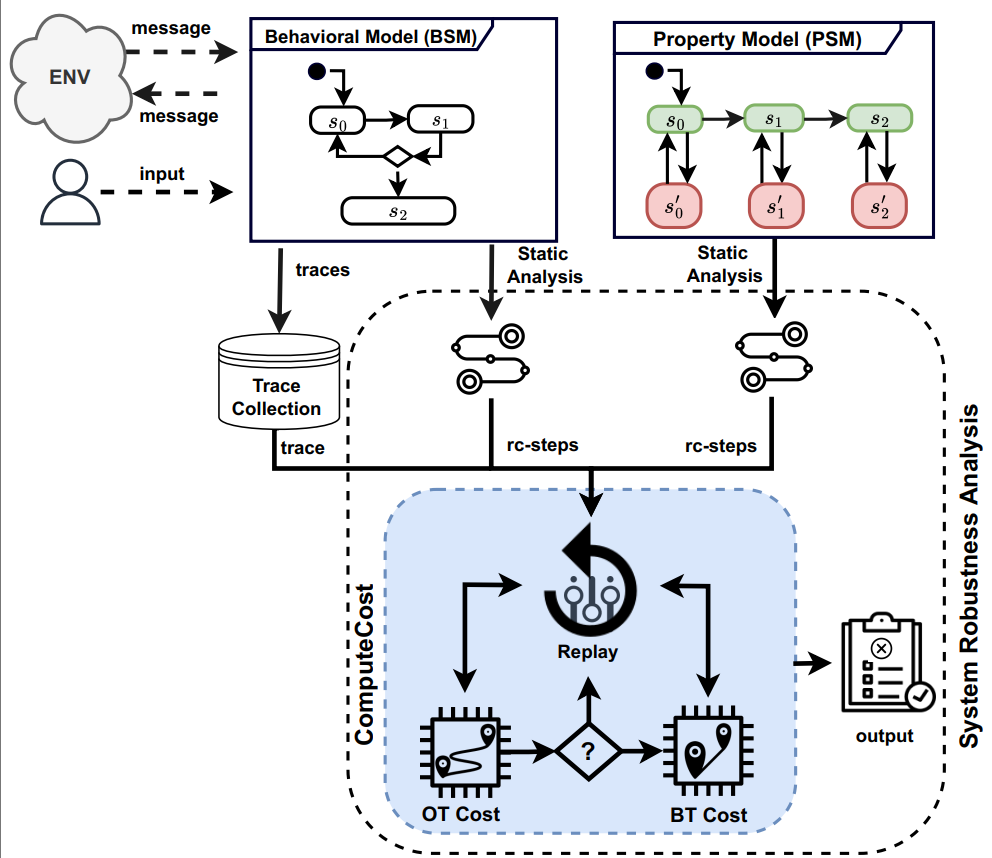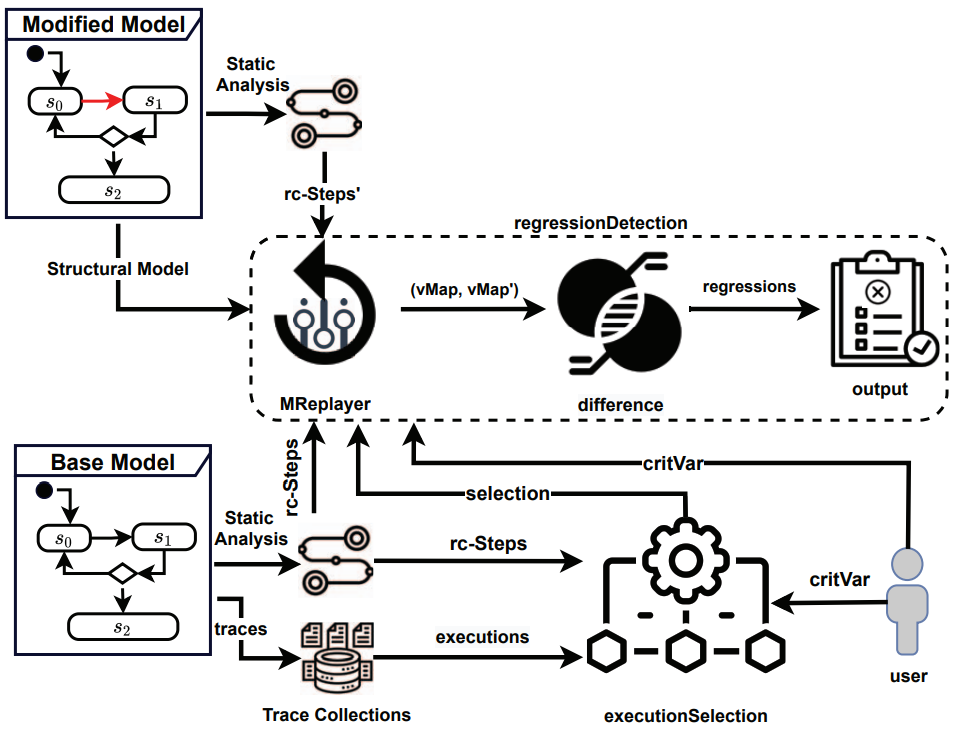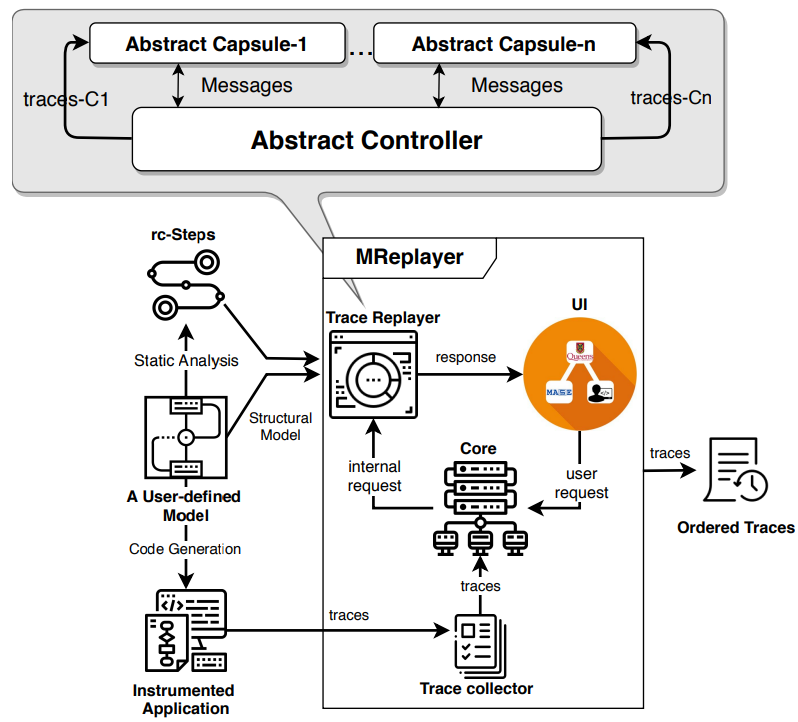Research Interests
My research interests encompass a range of activities related to the design, development, debugging, and testing of large-scale software systems. I am particularly focused on Model-Driven Engineering (MDE) and the integration of artificial intelligence in software engineering (AI4SE). My research aims to explore and address challenges in various application areas, enhancing the efficiency and effectiveness of software development processes. Alos, I am eager to contribute to innovative solutions that leverage MDE and AI to improve software quality and productivity across different domains.
Are you interested to work with me?
If you are a student considering completing a Bachelor's or Master's degree or even capston project and you have an interest in any of the topics mentioned above, I encourage you to reach out to me. In your email, please make sure that you include information about:
- YOUR DEGREE
- PROPOSED PROJECT
- HOW MUCH TIME YOU CAN DEDICATE TO IT
- YOUR DEADLINE TO COMPLETE (if you have any!)
Short Bio
I was born in Tehran (Shemiran), the capital of Iran, in 1988. I have obtained my Ph.D. in December, 2021, in software Engineering at School of Computing, Queen's University, Canada, under Prof. Juergen Dingel supervision. My Ph.D. thesis was on Regression Testing of Distributed Real-Time Embedded Systems in the Context of Model-Driven Development.
Recently, I have joined School of Continuing Studies (SCS), McGill University where I work as an Assistant Professor and Academic Program Coordinator at Technology and Innovation Group. I am also serving as a member of Strategic Planning Committee at SCS where we design/adjust school's long-term vision.
During my Ph.D. studies I have been involved in many industrial and academic projects such as:
Before I moved to Canada, I worked for one year in the Internet of Things (IoT) department at Bosch Engineering Group GmbH in Germany. Meanwhile, I have completed 6-month internship and 6-month master thesis that gave me an exceptional opportunity to explore fundamental concepts of Big Data Analytics, Artificial Neural Networks, and Deep Learning. Before that, I had the opportunity to work for around 2 years as a software developer at EPAK GmbH which is a satellite communication company based in Leipzig. During this time, I have implemented some software projects in Python and C/C++ programming languages to provide reliable satellite communication. Moreover, I have implemented a web-based content management system using PHP, MySQL and JavaScript programming languages.
I obtained my Bachelor degree (B.Sc.) from Shahrood University of Technology in Iran, in the field of Software Engineering. After my graduation, I joined Farazpajohan, a software tech startup company in Sharif University of Technology, where I've started my first professional position and worked for around 3 years. In this company I have been responsible for developing PKI-based Digital Certificate solutions in CentOS Linux environment.
I shared my thoughts and experiences in a lovely interview with Steven Myers at SCS, McGill University.
Download resume as PDF format
